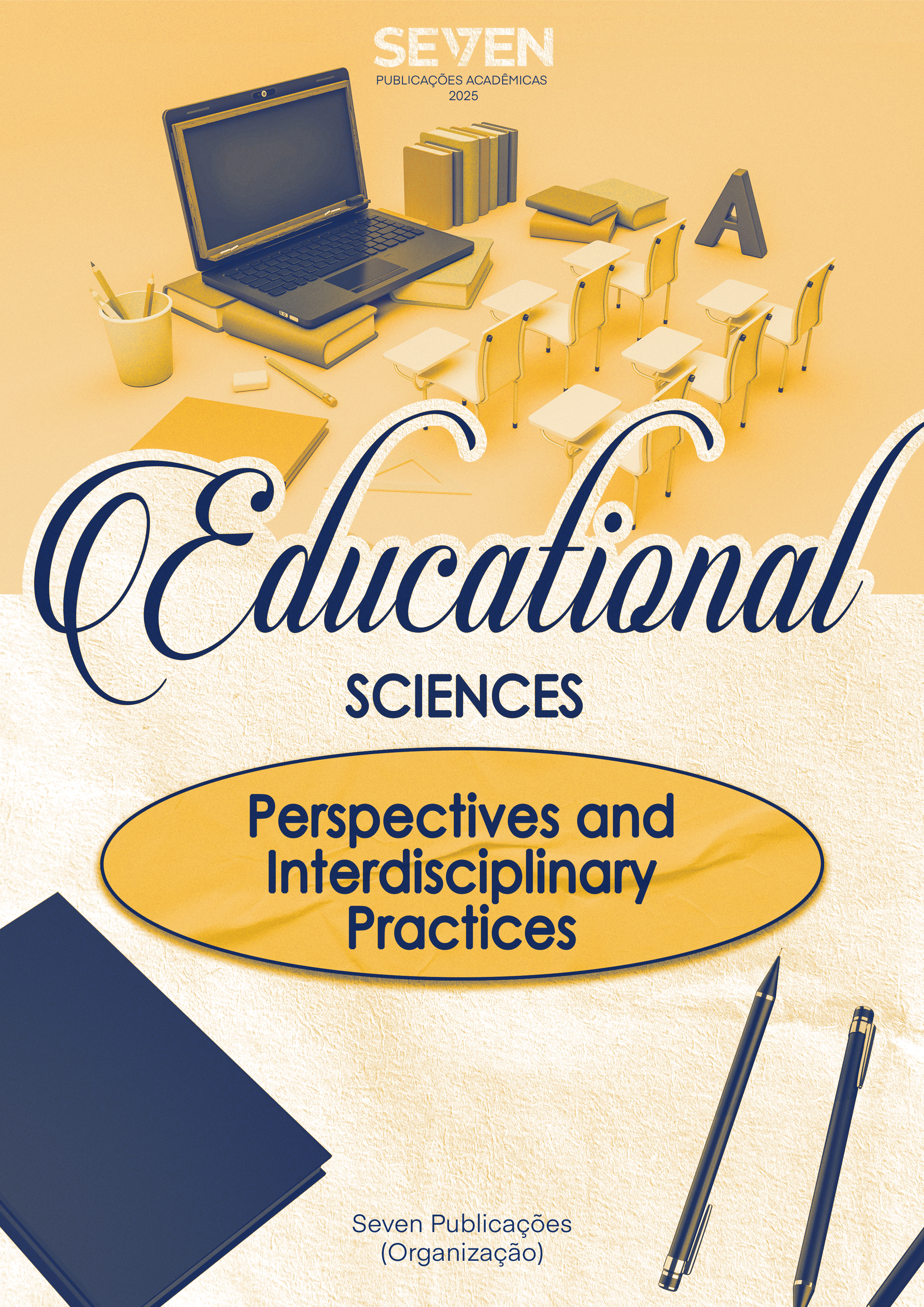MATHEMATICS EDUCATION LABORATORY: A FORMATIVE EXPERIENCE WITH MATHEMATICS TEACHERS
Keywords:
Literacy teacher, Training innovations, Formation communities, Collaborative Culture, Teacher identityAbstract
This qualitative, bibliographic and descriptive study investigated the trends in continuing education for the professional development of literacy teachers, focusing on the period from 2018 to 2024. Motivated by the systematic absence of teacher training in the context of professional development, the research sought to present and discuss theoretical findings of an ongoing doctoral thesis, suggesting approaches for study groups. The central guiding question was to analyze the impact of innovations in continuing education, in the light of Imbernón, on the professional development of literacy teachers in the context studied. The relevance of the work lies in clarifying how training trends meet the needs of these teachers, contributing to the understanding of Brazilian educational reforms and offering subsidies for more effective continuing education policies. Practical implications include guiding the formulation of educational policies, improving training programs, and strengthening teacher collaboration networks. The bibliographic survey, carried out in February 2024 in the BDTD, Capes Catalog and Google Scholar databases, using the descriptors "professional development of teachers", "literacy teachers" and "continuing education", resulted in the selection of 17 works (6 theses, 5 dissertations, 1 monograph, 5 scientific articles) after applying inclusion and exclusion criteria. The analysis of these studies, compared with the theories of authors such as Imbernón, Nóvoa and Day, revealed the predominance of qualitative research, mostly from the Southeast of Brazil, addressing the impact of programs such as PNAIC and the limitations of traditional training. The study highlights the uniqueness of its focus on innovations in continuing education in Porto Velho, Rondônia, arguing that significant innovations have occurred, especially in the light of Imbernón's six propositions: treatment of problematic situations, development of collaboration, enhancement of teacher identity, creation of training communities, development of complex thinking, and development of attitudes and emotions. The research concludes that, although challenges persist, innovative approaches offer promising paths for teacher training that is more aligned with the real needs of teachers and the complexity of teaching literacy, with a potential impact on the improvement of basic education, particularly in the Amazon region.
Downloads
Published
Issue
Section
License
Copyright (c) 2025 Maria da Conceição Alves Bezerra

This work is licensed under a Creative Commons Attribution-NonCommercial 4.0 International License.





